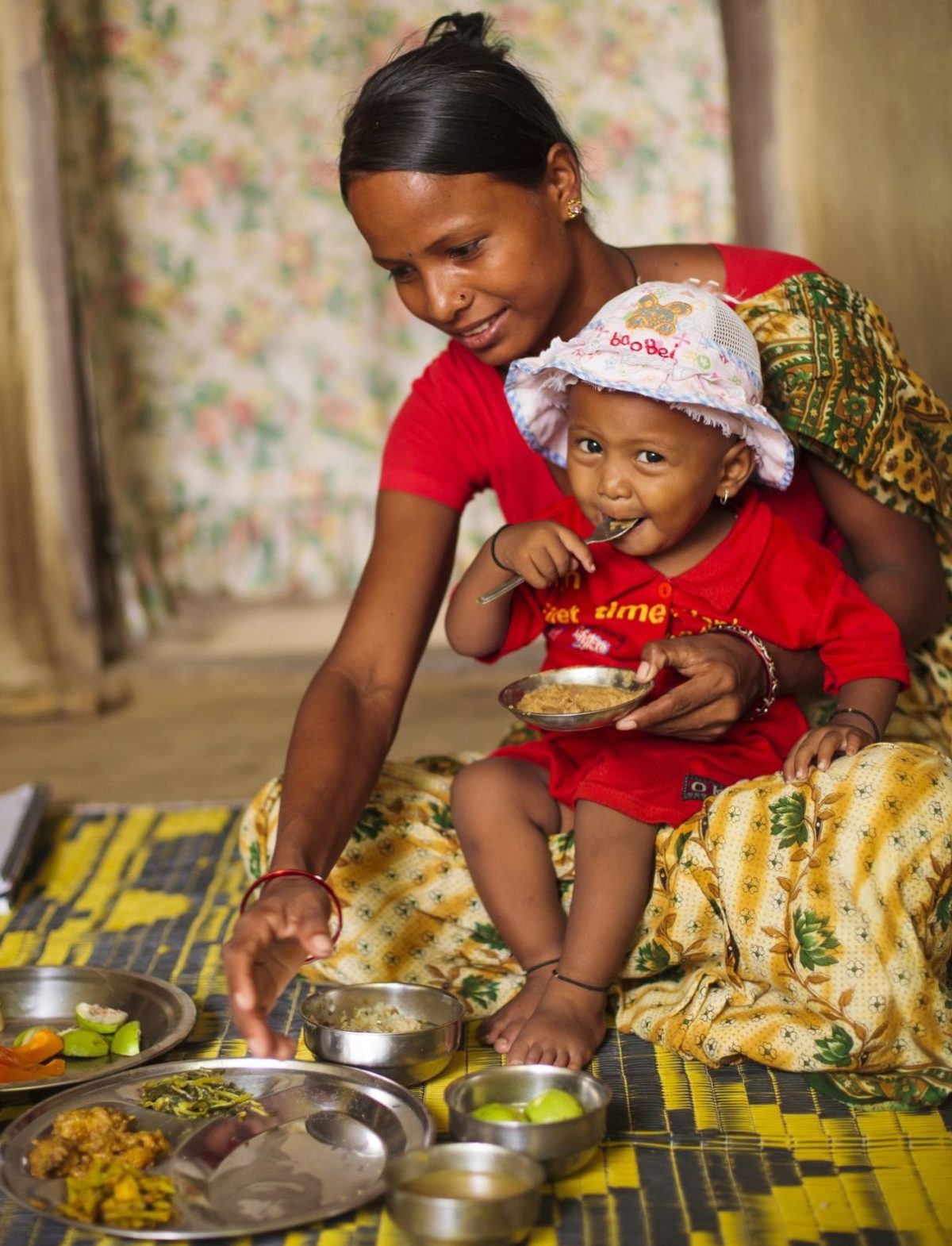Coming Soon: First-Ever Dietary Guidelines for Pregnant Women & Young Children
The U.S. Department of Agriculture (USDA) recently invited 1,000 Days and several other stakeholders to share comments related to the development of the 2020 Dietary Guidelines for Americans (DGAs) which will – for the first time ever – include recommendations for pregnant women and children under age two. The public comments, which will be made public on USDA’s website within a month, were an important step forward as USDA stated its intent to make the 2020 DGAs process transparent, data driven and science-based.
Why do the new DGAs matter and what is at stake?
1,000 Days’ analysis of the state of early nutrition in the U.S. shows that far too many young children and their families are not getting the nutrition they need to thrive. One in 5 babies in the U.S. is never breastfed and 1 in 4 children ages 1 to 2 do not receive the recommended dietary allowance for iron—one of the most important brain-building nutrients. Further, over half of toddlers and preschoolers have one or more sugar-sweetened beverages per day, contributing to our nation’s high rates of childhood obesity.
It is within this context that the Dietary Guidelines for Americans are more critical now than ever, as they will, for the first time, include recommendations for pregnant women and very young children. The 2020 DGAs and the recommendations for pregnant women and young children will inform federal nutrition programs that reach young children and their families, as well as serve as an important reference point for physicians, nutrition counselors, and early childcare providers among others. Moreover, the new guidance will also provide parents and caregivers with the evidence-based information they need to give their children the best chance to lead healthy, prosperous lives that are free of preventable chronic disease.
How can groups get involved?
At 1,000 Days we are closely following the development of the 2020 DGAs, and will continue to communicate opportunities to become engaged in the process as they emerge.
In the meantime, here are some ways to get involved:
- Read the recent reports by the Health and Medicine Division of the National Academies of Science, Medicine and Engineering (HMD) here and here and familiarize yourself with recommendations for the 2010 DGAs process.
- When the call for nominations for the Dietary Guidelines Advisory Committee opens, nominate qualified experts with backgrounds related to maternal and young child health and nutrition, epigenetics, child development and breastfeeding.
- Be on the look-out for open comment periods and submit comments in support of strong, timely, and science-based recommendations for pregnant women and young children.
- Reach out to Cara Brumfield at Cara@thousanddays.org to connect on more opportunities to be engaged.


